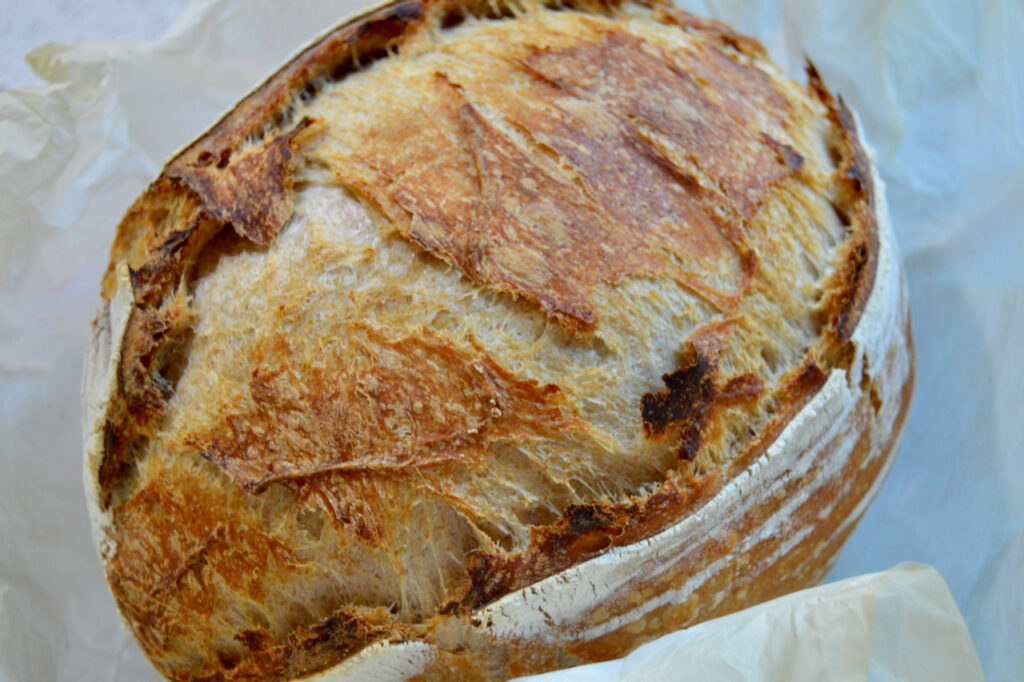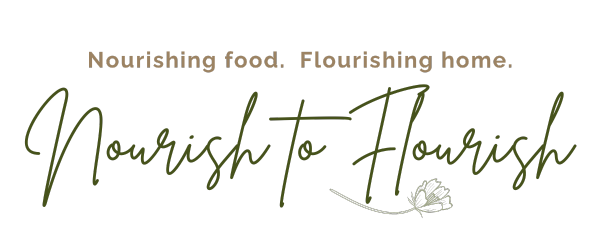The Benefits of Sourdough
The benefits of sourdough may not be apparent to the average American consumer, but here you will find all about the benefits and origins of sourdough!
Does the grocery store overwhelm anyone else these days? Are you spending extra time reading all the ingredient labels just to feel that there aren’t options that are best for your wallet and your health? Sourdough provides a solution if you find yourself in that place! Now you might’ve, like me, grown up in a world that criminalized bread/wheat/gluten/carbs and think why would go you through all this work for just bread? So we have to trace back the origins of food to the beginning, not just our generation.
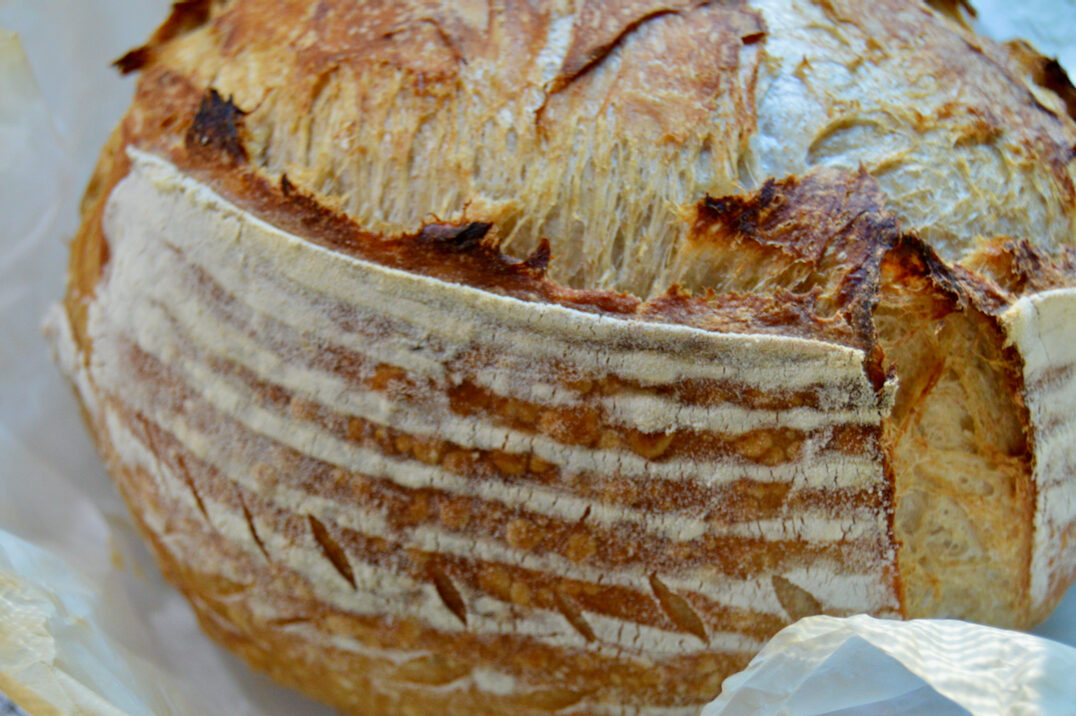
Bread used to be THE major food group for families since the beginning of civilization, as it was the main source of “shelf stable” food that could be prepared year round. In our modern era of convenience foods and refrigeration we can enjoy fruits, vegetables, meat, and dairy all year long for a low cost (and praise God for that!).
So anyway, why did we start blaming bread for all our health problems? I’ve learned that it has nothing to do with bread, it has more to do with the way wheat is grown and processed! If you look the ingredient label of most popular store-bought breads, you probably think: that’s a whole lot of ingredients and I don’t recognize any of them. Bread has become incredibly processed, from GMO wheat to sugars, preservatives, and who knows what else! These elements have been linked to inflammation in the body and, rightly so, should not be a major source of our nutrition these days!
Back to sourdough…
…the traditional way of making bread, traced back from days BEFORE yeast was commercially available. A wild yeast culture (think sourdough starter) or leaven was kept in the home and used to leaven bread or give it rise. This wild yeast culture is admittedly slower than commercial yeast and produces a tangy flavor as a result of the fermentation process. But it makes beautiful artisan loaves and it’s flavor profile produces a hearty bread.
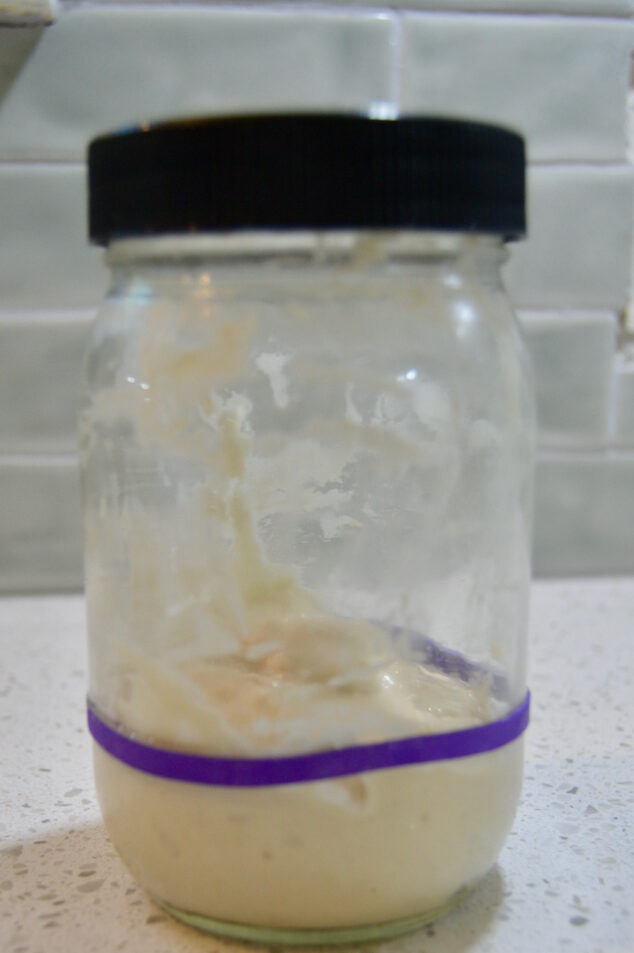
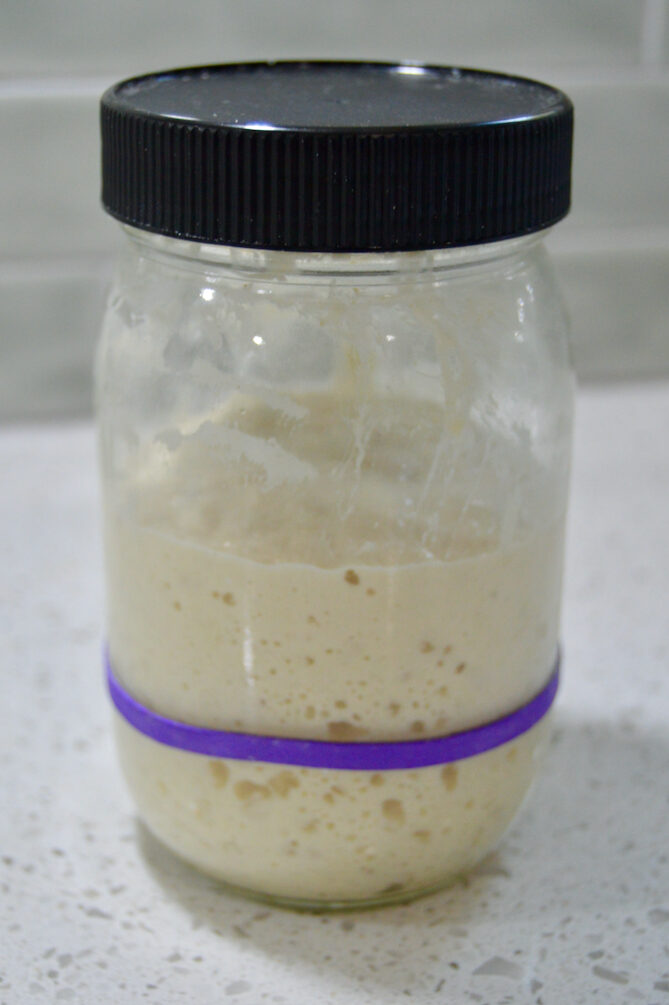
But why sourdough?
Some of you skeptics out there might think: but WHY SOURDOUGH? I mean I could just make my own bread with yeast and not have to go through the work of sourdough fermentation. And you are right! Sourdough is an extra step to making bread. The modern day benefit of sourdough is more related to the fermentation process. The sourdough starter, which is a wild yeast culture, is made up of flour and water — that’s it– but is actually a host of billions of microscopic wild yeast1. And in order for this culture to remain active (or alive) it feeds on…flour and water! The by product of the culture eating the flour and water causes the bread to rise, which produces the light and airy texture we have come know and love in bread. This fermentation process of sourdough breaks down the wheat into more digestible forms, though it does not make it gluten free. The breakdown of these bread products increases the mineral bioavailability2 of bread, reduces the glycemic index, and improves satiety.
So if you are looking to decide if making sourdough is right for you, ask yourself these questions:
- Am I willing to make an investment in the food that I eat if it will produce better health for me over my lifetime?
- Am I willing to fail a few times before I get it right?
- Do I enjoy bread and baked goods and the flavor of sourdough?
Here’s the bottom line, even if you’ve answered YES to those questions: you don’t have to make your own sourdough. There are plenty of local bakeries near you that make incredible sourdough and they probably have fantastic ingredients. However, if cost is an issue, or you enjoy learning new skills, or would enjoy making sourdough at home — let’s get started! It does require more patience and time at the beginning than traditional baking, but before no time you will have beautiful bread that is even better for you3!
